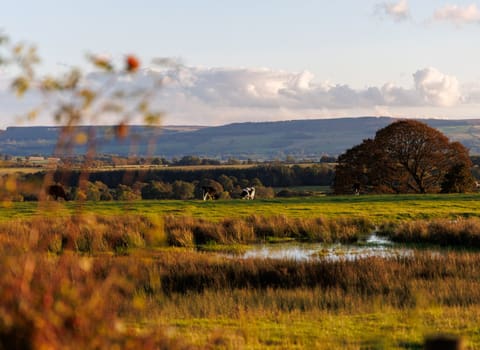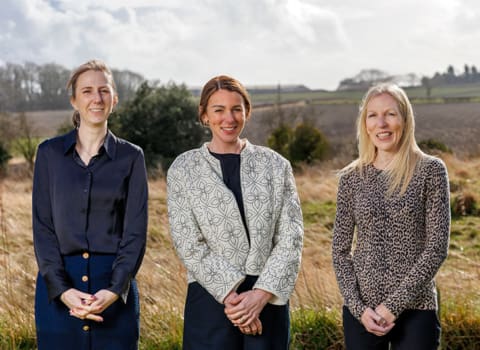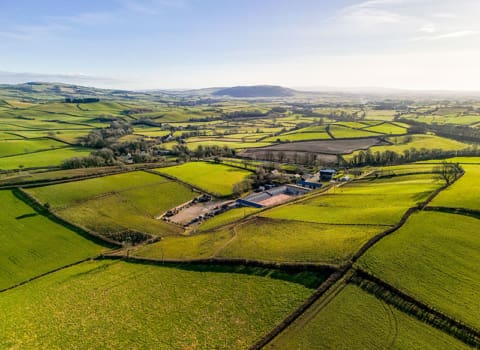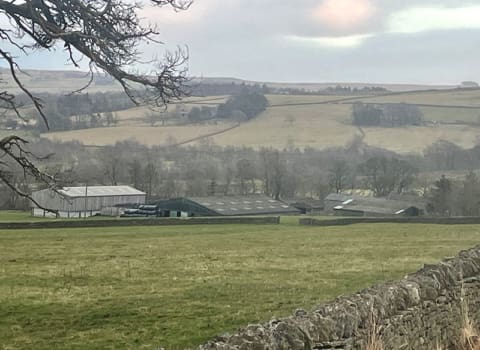Contact our offices
Main office
COLBURN
5 & 6 BAILEY COURT
COLBURN BUSINESS PARK
RICHMOND
NORTH YORKSHIRE
DL9 4QL
Estate Agency Offices are located in
BARNARD CASTLE, BOROUGHBRIDGE & RICHMOND
Residential Management Team
Our Offices
- Alnwick
01665 568310
Email Officealnwick@gscgrays.co.uk - Barnard Castle
01833 637000
Email Officebarnardcastle@gscgrays.co.uk - Boroughbridge
01423 590500
Email Officeboroughbridge@gscgrays.co.uk - Chester-Le-Street
0191 3039540
Email Officechester-le-street@gscgrays.co.uk - Colburn
01748 897630
Email Officecolburn@gscgrays.co.uk - Driffield
01377 337180
Email Officedriffield@gscgrays.co.uk - Hamsterley
01388 487000
Email Officehamsterley@gscgrays.co.uk - Hexham
01434 611565
Email Officehexham@gscgrays.co.uk - Kirkby Lonsdale
01524 880320
Email Officekirkbylonsdale@gscgrays.co.uk - Penrith
01768 597005
Email Officepenrith@gscgrays.co.uk
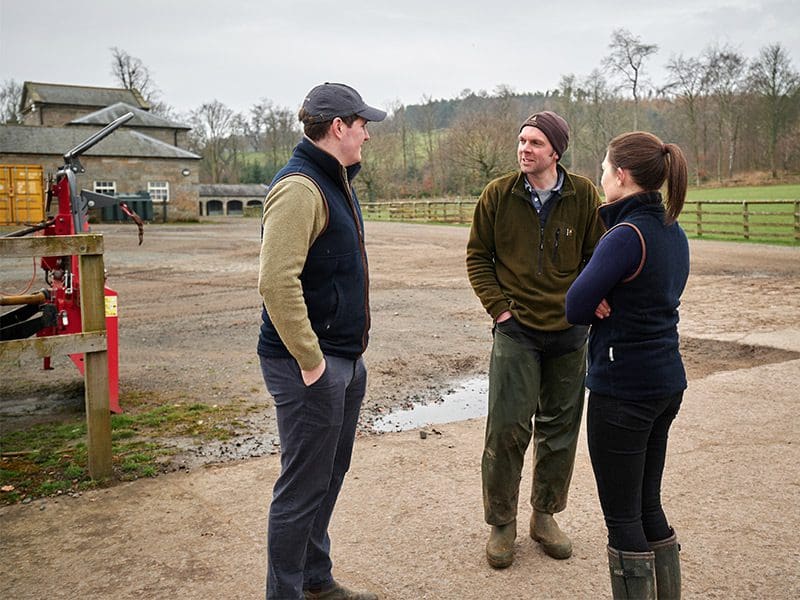
FBAS – Frequently Asked Questions
Heard about the Farm Business Advice Service (FBAS), funded through DEFRA’s Future Farming Resilience Fund, and uncertain what it entails? Read our answers to some frequently asked questions.
Q. What do farmers need to know about FBAS?
FBAS is a free service for farmers funded by Defra’s FFRF which provides free advice and guidance to farmers.
It operates under a 3-stage framework:
- On farm business review which gives an overview of the business to understand the business needs and the farmer’s objectives.
- Follow on consultancy work giving bespoke advice tailored to the individual business.
- Business groups and discussion groups for shared learning experiences.
Q. We are one of several providers to the FFRF. What sets us apart?
We looked at the learnings from our work with the AHDB pilot scheme which highlighted the benefits of providing farmers with an opportunity to step outside of their business and look back in to assess where they want to take their business and what they perceive to be the barriers to achieving that.
Critically, we wanted to make sure we provide advice that adds real added value to farming businesses. That’s why our service is intentionally flexible, allowing us to offer bespoke advice to meet those individual needs.
This is the biggest change in a generation of farming. However, it is a time of opportunity as well as challenge. Having been through the FBAs scheme farmers should feel informed, well advised and be better able to steer through the changes happening with a clearer understanding of the opportunities available to them and how they access information about them.
Q. Are we seeing trends that indicate that farmers are starting to feel the loss of BPS?
Absolutely, the loss of BPS is a very significant proportion of profitability for many farming businesses. BPS has been like a comfort blanket for some, removing the need for the changes that they are now facing. Defra has recognised that those businesses need help to exploit the schemes and opportunities available, which are unquestionably complex, to offset the loss of the BPS income and further improve profitability. We are seeing growing numbers of businesses who are now accepting the reality that they need to take positive actions. Through FBAS we can help them take the next steps to help them be viable in the future.
Q. If a farmer signs up to FBAS, what can they expect?
Once a farmer signs up to FBAS there is a process we follow:
- We register their SBI with Defra and await approval. Once there SBI number is registered with a provider the farmer cannot register with another service provider. Therefore, it is important that they only register with one provider in this round of funding.
- Once approval from Defra is received, a Farm Business Consultant will contact them to book the half-day business review and take some basic information which will be used to prepare. It is important that all parties involved in the business take part in this initial review.
- At the business review the consultant will review their business goals and objectives, look at where they are now and where they want to go to, and from that will produce a detailed report that will include the key strengths and weaknesses of the business, an overview of the financial performance and the impact of BPS, and finally produce some key recommendations to help the business become more viable, sustainable, and profitable.Those recommendations may include a referral for further support through the FBAS scheme. A further 2 days of support is possible, though depending on the needs of the business and the level of support required, the follow up work is structured as a half-day, two half-days or 2 full days of consultancy support. We have been able to support may business with such things as succession planning, diversification, and planning advice as a few examples.
Q. Have you got any examples of where we have been able to help farmers?
Expansion and growth
We have worked with a mixed farm with arable and dairy enterprises. BPS was an important but not critical proportion of income. They were keen to develop the dairy enterprise and focus on this over arable. This comes with an inherent risk especially with the market volatility we have seen. Single enterprise businesses are exposed to just one market for income and therefore there is an associated risk to that. However, this can also provide a focus and lead to operational efficiencies as a result.
That client embarked on a process of investment and development, increasing herd size to increase the output. While milk prices have come under a little bit of pressure recently, the client has had good results from the changes introduced so far, and the path the business is taking is still the right one for the longer term.
Renewable Energy for cost savings
With the rise in energy costs we are seeing a number of farmers looking at on-farm renewables as a potential way of finding cost savings through the efficient use of resources and protection from future volatility and to improve resilience and sustainability of the businesses going forward.
An arable and beef mixed enterprise with a profitable business but concerned about the loss of support. They had a number of underutilised buildings and had a particular interest in solar energy. Through FBAS this client was recommended for the on-farm renewables consultancy package to determine whether this would be viable.
We are particularly seeing a lot of beef and sheep farmers who are most exposed to the loss of BPS and have the most challenges. We have seen a significant shift towards the reduction of stock levels and combining this with maximising opportunities from Environmental Stewardship. There is also a growing trend amongst grass farms in the North of England to drive down the cost of production though a greater use of legume and herbal leys. We anticipate this trend will continue and increase over the next 6-12 months as farm businesses search for those marginal gains to help make improvements to their overall profitability.
Q. How important is it that farm businesses understand their current position?
We are finding that a farm business will generally understand their overall profitability but not necessarily understand the make-up of that profit across the different enterprises of the business. Understanding how each enterprise contributes to the whole profit, and how many small tweaks can hugely influence profitability, is critical for the future sustainability of the business.
There is no single magic bullet to addressing the loss of BPS. Multiple changes that in isolation look to contribute minor improvements to profitability, when combined, can make a significant difference to the overall profitability of the business. The volatility we have seen is unprecedented. Being agile is key to being able to adapt and survive.
Q. How would you address farmer concerns that current volatility means any budgeting you do now is completely pointless?
A budget is a management tool to make good and informed management decisions. If there are changes to prices, values and costs, what better way to review the impact they will have on your business than by putting that information into your budget to impact your future management decisions?
The budget is like a road map for the business. But to become a valuable tool it must be used as a live working document, not put in the drawer once completed never be seen again.
Income is often the hardest to determine. Should income come under pressure, if the costs are correct in your budget, you can anticipate the impact on the bank balance and start having discussions with your bank manager sooner than you would otherwise do without the budget in place.
We have recently been with a cereal producer who still has 500 tonnes of crop in store, unsold from last year. He has his spray bill to pay, but without the cash in the bank as should have been the case. We have produced a budget to help him understand the implications of this on his financial position. This financial planning will help him to secure the additional facility required from the bank and understand where the business is going longer term.
Some 40-50% of the businesses who have had follow on work through FBAS have required some element of budgeting and financial planning. Why? Their business is going to be very different and financial planning (which includes cashflow management) will help map out any changes before putting those changes into place.
Q. Are there any other key trends in the advice farmers are asking us for?
Another area we are seeing a lot of interest in is how do farming businesses deal with the Government’s agenda for net zero. The supply chain, supermarkets and buying groups etc have all set themselves individual goals and timescales for meeting net zero targets with timescales ranging from 2025-2050. Farmers are starting to think about how they can get into position to meet the needs and demands that are coming their way.
Through FBAS we are providing carbon auditing for faming businesses to understand their carbon position and reduce it for cost savings and to meeting the suppliers’ requirements. Ultimately it is about getting the right data and storing it the right way so that it can be used however it is required in the future. We can also help farm business to position themselves to understand and take advantage of more complex opportunities such as selling carbon in the private market and other ecosystem service opportunities around Biodiversity Net Gain and Nutrient Neutrality.
Q. Diversification is also covered by the scheme, how can we help with that?
Many farmers have diversified already and taken advantage of some of the easier opportunities including travel & tourism ventures which is a market we feel is saturated. However, there are lots of farms with redundant buildings and resources they are not using. Now is a good time to review those other options and we are seeing growing interest in Planning and Development to help diversify into office developments, farm shops & cafes or accommodation to spread the income sources.
Diversification does not necessarily mean you are moving away from your core business. It can be the inclusion of a new farming enterprise as a new income stream. A catalyst for this is often when a new generation comes into the business. Often, they bring with them new skillsets and ideas or simply the need for additional income to support another family or provide an income for the outgoing generation who wish to retire. Those alternative income opportunities then become a real focus for the business.
The opportunity to step outside the business and look back in, offered by the FBAS half day business review, is a good place to start those conversations. This is why it is important that all parties involved in the business are involved in the initial review.
Q. Why should farmers get involved?
I think farmers will get a real value out of the scheme, from taking a step back and setting out where they want to take the business, discussing this with their family or business partners, to get clarity for the direction for their business. There is a lot of change in the industry, lots of different support mechanisms coming forward. Mapping out a clear plan to ensure it achieves its objectives is essential before starting to look at the support mechanisms. Being able to talk this through with a consultant who has seen lots of other businesses should give confidence to those who already have a clear plan in place, and for those without, they will get the bespoke help and guidance they need to put a plan into place.
How bespoke FBAS is to each individual business and the range of support we provide sets us apart. The conversations we have with farm businesses are fully confidential between the individual client and GSC Grays. Defra do not see any of the information that is shared with us.
Q. When should they engage with the scheme?
Change takes time. The sooner farm businesses engage, have a clear plan and start to implement it, the sooner they will start to see the benefits. There will be very few businesses who are waiting for other Government schemes to replace BPS. Indeed, our service looks to reduce dependency on support, not rely on support to prop the business up. Some of the support available now, such as one-off grants like SFI, have been provided by the Government to incentivise and enable the changes that are required. What we will start to see 3 or 4 years down the line, as the Government starts to legislate, will be some big penalties for those who haven’t taken the opportunities that are available now. Those that do adapt now will be far better placed in 5 or 10 years time than those who don’t. In terms of longer-term profitability and sustainability, what you can do for your business yourself, is far more important than relying on outside sources of support.


GSC Grays News
Residential Property Market: Recent Trends and Prospects for the year ahead
Read more


